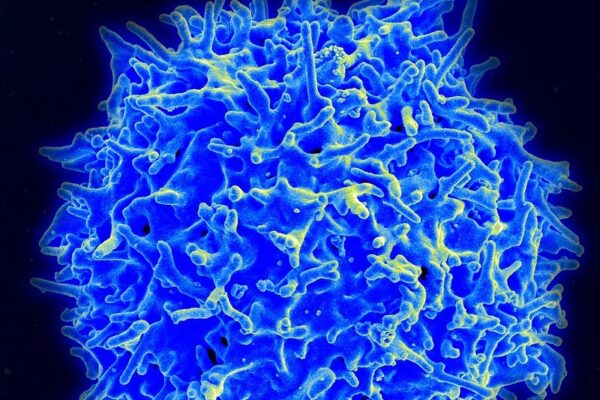
When CAR T-therapies first reached the market, they came with warnings and monitoring requirements to protect patients — for good reason. Engineering a patient’s own immune cells into targeted cancer fighters brings the risk of excessive immune responses and neurotoxicity. Patients were required to remain near treatment centers to monitor for these risks. They were also temporarily barred from driving.
As clinicians gained experience with CAR T-therapy, they also gained experience in managing its complications. The FDA is recognizing that, and the regulator is now modifying the safety requirements for these cell therapies class wide. Analysts say the changes are a step toward making these treatments more accessible to more patients.
CAR T’s safety risks are flagged in black box warnings on their labels. Those warnings aren’t going away. But the approvals of these therapies also came with the requirement of a Risk Evaluation and Mitigation Strategy (REMS), a safety information plan that informs clinicians and patients about serious safety risks. The FDA late Thursday said it has eliminated the REMS requirement for the class of CAR T-therapies. This action also removes the requirement that these cell therapies be administered at specially certified sites. That requirement had limited dispensing of these therapies to specialized hospitals, such as academic medical centers, which meant many patients needed to travel far for treatment.
“FDA expects that the REMS elimination, and these labeling updates, will help improve access to these products, particularly for patients who live in rural areas, while ensuring safe and effective administration to patients who need them,” the agency said.
The changes come one year after the FDA eliminated the requirement that cell therapy REMS include educational and training materials for clinicians. The agency had also removed the requirement to report adverse events suggestive of excessive immune responses or neurotoxicity, saying systems already in place for post-marketing reporting of adverse events are adequate.
There are currently seven approved CAR T-therapies for blood cancers. Removal of the REMS requirement affects six of them: Abecma and Breyanzi from Bristol Myers Squibb (BMS); Novartis’s Kymriah; Carvykti from Johnson & Johnson and Legend Biotech; and Gilead Sciences’ Yescarta and Tecartus. The seventh FDA-approved CAR T-therapy is Aucatzyl, an Autolus Therapeutics cell therapy engineered with properties intended to improve safety. Aucatzyl’s FDA approval last November made it the first CAR T-treatment without a REMS requirement.
Beyond the elimination of the REMS, the FDA eased the requirement that patients stay close to a treatment center for four weeks, reducing that to two weeks. The previous guidelines also advised against driving or using heavy machinery for at least eight weeks, which had the effect of preventing many patients from returning to work. The FDA has reduced that restriction to two weeks following infusion of a cell therapy.
BMS said it will work closely with the more than 150 treatment centers currently approved to administer Breyanzi and Abecma to remove the REMS programs. The company also aims to add community cancer centers nationwide to administer these therapies closer to patients, reducing both travel time and how long the patient must be away from family and work.
In a note sent to investors, Leerink Partners analyst Daina Graybosch said clinicians have told the firm that the prior requirements were a major burden that discouraged community referrals and patient decisions to receive CAR T. She said one clinician said reducing monitoring requirements and driving restrictions could lead rates of CAR T-infusions to double. The clinician added that with CAR T-therapy shifting to outpatient treatment, treatment centers now have excess capacity and can absorb increases in demand for these therapies. Graybosch said uptake of CAR T-therapies has remained “stubbornly stagnant” at around 20% market penetration. The easing of the restrictions around the use of these therapies should help change that.
“We believe the reduction in CAR-T burden for patients and caregivers, enabled by FDA’s new monitoring and driving requirements, will drive expansion of the U.S. cell therapy market,” Graybosch said.
Analysts at William Blair noted the changes suggest that cancer cell therapies still in development, such as Arcellx’s multiple myeloma CAR T-treatment anitocabtagene autoleucel, which is being developed in partnership with Gilead Sciences, may not need a REMS. The firm also believes the change is a positive sign for autoimmune disease cell therapy developers, including Autolus, BMS, and Cabaletta Bio.










